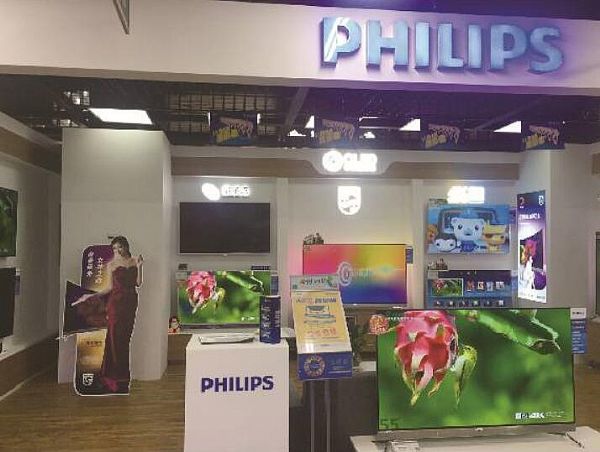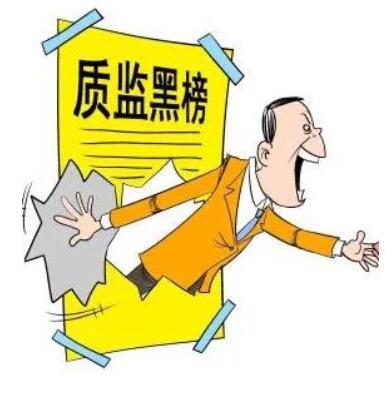Recently, Philips released a new series of "POD9002/T3" OLED TVs in Beijing, which has attracted wide attention both inside and outside the industry. Philips took the concept of “Three Good Television†with good hardware, good content and good brand, and stated that the company will use OLED TV as the main force in the future to hit the market in the context of consumption upgrade.
However, according to the data provided by the third-party researcher Ove Cloud Network, as early as the beginning of 2016, Philips, who had bet on OLED TVs, did not deliver the ideal "report card." In the first eight months of this year, its share of the OLED TV brand structure in China's retail market accounted for only 2%, which is the last among all OLED TV brands currently sold. The industry believes that on this basis, Philips's OLED as the main battle against the Chinese color TV market is somewhat risky.
Can not be ignored is that due to the confusion in the Chinese market authorization, Philips also faces frequent threats such as quality problems and brand reputation. In the past six months, Philips' air purifiers, water purifiers and other small household appliances have repeatedly climbed the various geological supervision departments to spot-check the “black list†and the brand image has been greatly reduced.
In response to these problems, reporters from the China Business Daily contacted Philips Television and the relevant person in charge of the small household appliances division. Philips TV responded that the company's OLED TVs were limited by channel and production in the earlier period, which affected the overall sales situation, but the company will supplement certain product lines next year. As of press time, small home appliances have not been responded.

OLED TV sales dismal
According to media reports, in this month's new conference of Philips TV, Philips revealed that it will fully deploy its OLED TV strategy in 2018, and the 55POD9002/T3 is the sign of Philips' returning to the high-end flagship camp. The company will also launch in 2018. Wallpaper OLED TV, split OLED TV, to provide a complete OLED product line to meet the various needs of the high-end market.
It is not difficult to see that in 2018 Philips intends to fight the OLED market. However, the reporter noted that in the current OLED camp, Philips has no advantage in sales or technology.
In November, the "White Paper on China's OLED TV Development" (hereinafter referred to as "White Paper") published by Ovid Cloud.com revealed that Philips' market share accounted for only 2% of the OLED TV brand structure in the retail market from January to August in 2017. The last one among all the OLED TV brands was sold, and the top three market shares of Skyworth, LG, and Konka accounted for 39%, 23%, and 14%, respectively. The difference is significant. The "White Paper" shows that although Philips has released a number of OLED TVs, only two models are sold, and sales from January to August were only 251.
In response, the related person in charge of Philips TV explained to reporters that many OLED products are sold in Suning and Gome. However, Philips' sales channels are not so comprehensive, and they have not yet entered Gome in the country. Only some products are sold through Suning, and the channels are limited. As a result, overall sales have been affected. On the other hand, Philips OLED TV products are currently out of stock. Therefore, the company did not spend much effort on sales promotion. The company will add some product lines next year. The purpose of this new listing is to lay the product for the next year. basis.
However, Liu Buchen, a senior observer in the home appliance industry, believes that the disappointing sales of Philips OLED TVs is due to the limited resources of upstream panels, resulting in low cost performance. On the other hand, due to the aging of their brands, they have no appeal in young consumers. “At present, global OLED TVs are constrained by the upstream panel, because all companies are buying panels from LG, and LG's annual production capacity is very small. In the case of insufficient production capacity, the prices of upstream panels will remain high.â€
According to the "White Paper" data, from January to August 2017, Philips ranked the second in the price of 55-inch OLED TVs, the average price reached 15,133 yuan / Taiwan, its 65-inch OLED TV prices ranked third, the average price It is 26,661 yuan/set. In contrast, the price/performance ratio of Skyworth OLED TVs is much higher. Skyworth's 55-inch and 65-inch OLED TVs have an average price of 11,767 yuan per unit and 25,477 yuan per unit respectively.
As a veteran electronics company in Europe, Philips has a high status in the middle-aged generation of consumers in China, but Liu Buchen emphasized that today's Philips has not been a concept with Philips 10 years ago. "Ten years ago, Philips was operated by the Dutch headquarters team, and now Philips has taken over by Taiwan TPV."
Some people think that TPV has a big gap in terms of quality management, product research and development, and core technology, compared to TCL, Skyworth, Konka, Samsung, and other color TV companies at home and abroad. However, the above-mentioned head of Philips TV does not agree with this view. He believes that TPV's size is larger than that of TCL and other companies.

Small appliance quality short board
While the television business is difficult to break through, Philips' small home appliance products have become "regulars" on the unqualified list of quality inspection departments in the past six months.
On December 1st, the official website of the Shanxi Provincial Administration for Industry and Commerce released the results of the quality inspection of small household appliances and electrical products in 2017. The results show that since May of this year, the Shanxi Provincial Administration for Industry and Commerce has carried out random inspections of the quality of small household appliances and electrical products in circulation in accordance with the arrangement of the annual sampling plan for commodity quality in circulation. The sampling of small appliances a total of 146 batches, 15 batches of unqualified, failure rate of 10.3%. Among them, the Philips AC4062 air purifier produced by the nominal "Philips Household Appliances Co., Ltd. of Zhuhai Special Economic Zone" was judged to be unqualified due to its stability and mechanical danger.
At the beginning of November, CCTV news revealed that Shanghai Quality Supervision Bureau found that the quality of some patch panels with USB interfaces was serious due to quality supervision and spot checks of some types of patch panels sold in Shanghai production, sales, and e-commerce platforms. During the inspection, the nominal Philips power converter produced by "Voco Acoustics (Shanghai) Trading Co., Ltd." climbed onto the black list because of problems in clearance, creepage distance and insulation penetration distance.
For many times when the product boarded the quality inspection blacklist, the head of Philips Small Appliances did not respond. However, careful observation can be found that the Philips air purifier, power converter, water purifier manufacturers for different subjects. Previously, China National Grid reported that the entire small household appliance business of Philips in the Chinese market was divided into small household appliances and small kitchen appliances. Among them, kitchen appliances are mainly rice cookers and electric pressure cookers. This business is basically the acquisition of Philips. Air purifiers, razors and other small household appliances are also scattered in various channels. Although there are many types of products that can be collectively referred to as living in the area of ​​small home appliances, it is difficult for even people in the industry to understand the operating platform behind this type of business of Philips.
This information was corroborated during the reporter’s interview. The person in charge of the Philips Life Small Appliances related brand told the reporter that although he was commissioned by Philips to take charge of brand promotion for small household appliances, he was only responsible for several of them. Does not involve all categories.
In this regard, Liu Buchen pointed out that Philips' brand authorization in China is too confusing. Under normal circumstances, brand authorization is confusing. Once the management process is overlooked, quality problems will easily arise. “Although Philips’ small home appliances and television businesses are different subjects, they share the Philips brand. When the quality of small household appliances is repeatedly criticized, it is bound to have a negative impact on the sales of their TVs. Therefore, it is recommended that Philips The company must participate in the entire production process of each business."